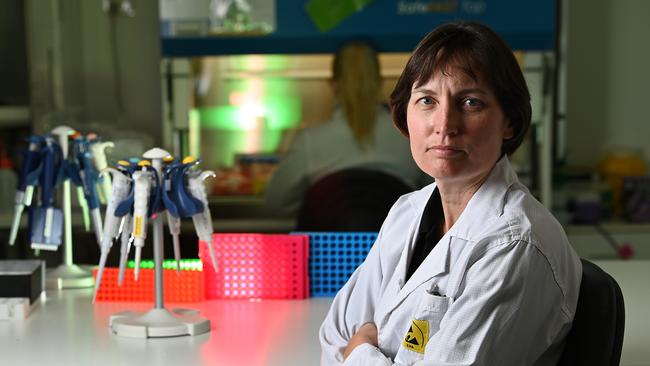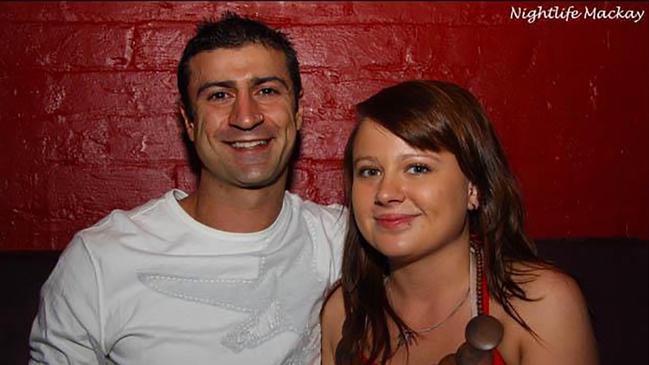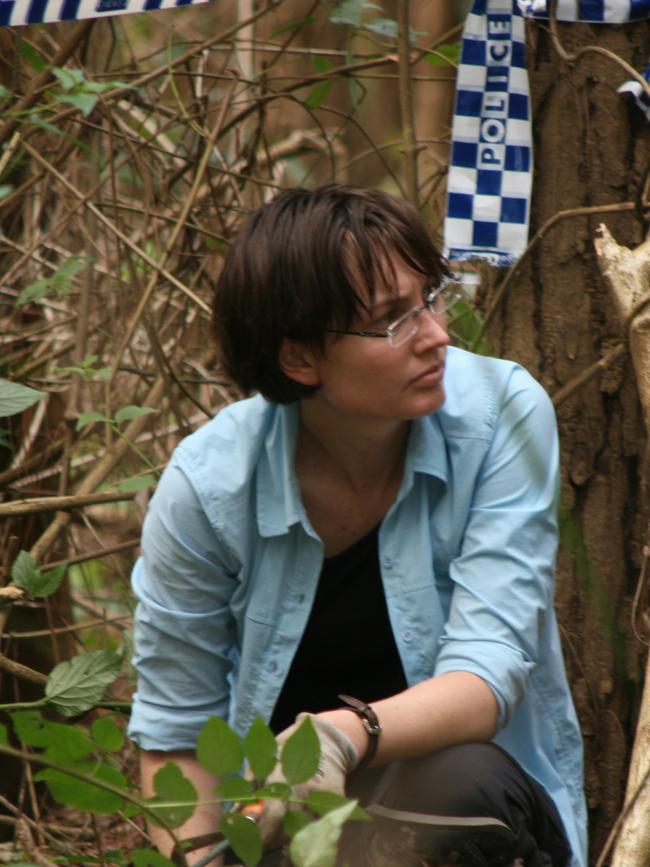DNA lab accused of corrupt conduct
An explosive complaint to Queensland’s corruption watchdog accuses the state’s forensic DNA lab of knowingly using flawed testing processes.

The Queensland government’s forensic DNA laboratory has been accused of knowingly using flawed testing processes that may have let dangerous criminals walk free or led to wrongful convictions.
Leading forensic scientist Kirsty Wright has lodged an explosive complaint with the state’s Crime and Corruption Commission alleging lab experts engaged in systemic dishonest conduct that could have spanned more than a decade, impacting a huge number of cases.
Dr Wright called on the commission to launch a public inquiry, saying the lab had ignored serious concerns raised by internal and external scientists about the reliability of test results being presented to police and the courts.
“The CCC will identify ongoing deliberate attempts by DNA Analysis Unit staff to cover up the flawed testing processes and dishonest conduct,” her complaint alleges. “The CCC will also identify crimes in which the negligent processing by the DNA Analysis Unit of evidence has led to offenders being either not prosecuted at all or acquitted.”

Her calls for an inquiry were backed by prominent lawyers.
Dr Wright’s concerns about the Queensland Health Forensic and Scientific Services lab were raised after she agreed to review DNA evidence from the murder of Shandee Blackburn for investigative podcast series Shandee’s Story. She found the lab had failed to generate DNA profiles from crime scene evidence where it would normally be expected, such as from blood and skin samples.
Her complaint alleges the lab misled the courts and impeded the criminal investigation into the murder of Blackburn, 23, who was stabbed to death while walking home from work in Mackay, Queensland, in 2013.

Blackburn’s former boyfriend, John Peros, was acquitted of the murder by a jury in 2017, before Coroner David O’Connell found in 2020 that he did in fact kill her. He denies involvement.
Rather than it being an isolated case, Dr Wright now believes the lab has concealed systemic issues with its testing methods and procedures, putting the public at risk from serious and violent offenders who are not being identified and brought to justice.
Unreliable and inaccurate results were being provided to police, and misleading evidence and expert testimony was being given to courts, her complaint states. “These systemic issues would have affected many thousands of other criminal investigations and court proceedings,” Dr Wright said.
“There is evidence this conduct is continuing to the present day, potentially affecting criminal cases currently being heard before the courts, and overall compromising the integrity of Queensland’s criminal justice system.”
Dr Wright is a decorated forensic biologist who previously worked in the lab and went on to run the National Criminal Investigation DNA database.
She steered Queensland’s DNA response to the Bali bombings, and led efforts to identify Boxing Day tsunami victims. Her assistance in recovering and identifying the remains of murdered schoolboy Daniel Morcombe earned her a Queensland Police Commissioner’s Award.
She had shown her findings to, and taken advice from, senior scientific colleagues who agreed there was evidence in the official case documents of negligence and dishonesty, her complaint states.
“Only a powerfully equipped independent and external review will fully uncover these serious issues and prescribed remedies for repair,” she says.
“For these reasons I am requesting the CCC to open a public inquiry into the conduct of staff at the QHFSS DNA Analysis Unit as a matter of urgency. My motivations as a senior scientist to urge a public inquiry by the CCC to highlight and root out misconduct and restore public confidence are born from my growing concerns that the misconduct will continue compromising public safety.”
Queensland Council for Civil Liberties president Michael Cope said an independent inquiry was needed to ensure public confidence. “There’s enough in what The Australian has raised to justify an independent expert conducting an inquiry,” Mr Cope said.
Because of Australia’s very small forensics community, an expert should be sought from overseas, he said.
Former Queensland Law Society president Bill Potts said the CCC or an independent scientific body should investigate.
The wrongful conviction of Lindy Chamberlain over the death of her 10-week-old daughter, Azaria, led to a review of scientific and forensic facilities, he said. “There is precedent for this,” he said.
Dr Wright submitted the complaint confidentially more than five weeks ago, on February 1. The commission’s immense investigative powers include the ability to compel scientists, bureaucrats and others to give evidence in secret and public hearings.
The commission contacted Dr Wright on Thursday and she is expected to provide further information in coming days.
Anyone with information about the murder of Shandee Blackburn can contact Hedley Thomas confidentially at shandee@theaustralian.com.au




To join the conversation, please log in. Don't have an account? Register
Join the conversation, you are commenting as Logout